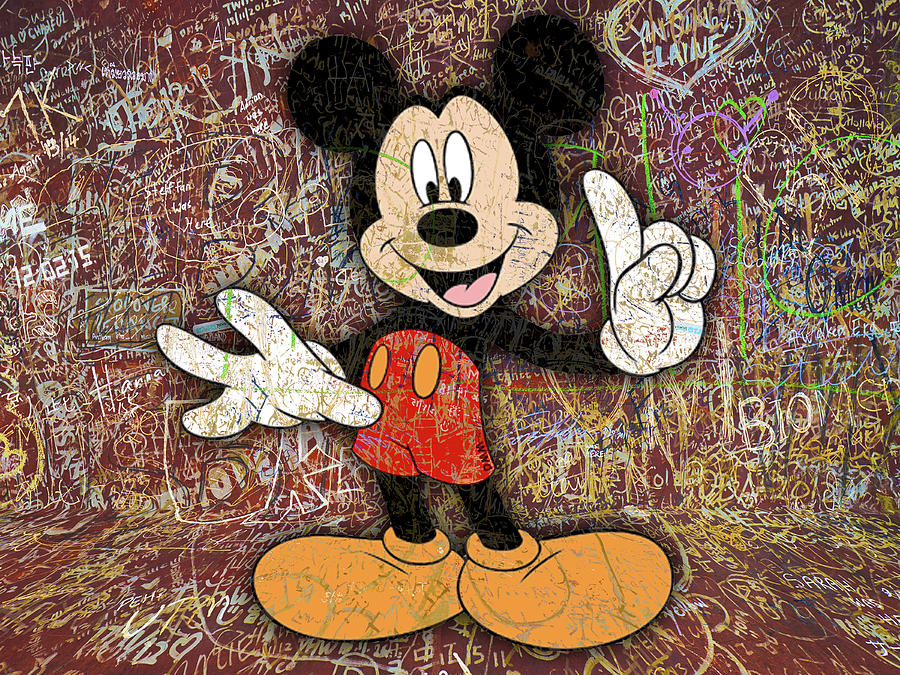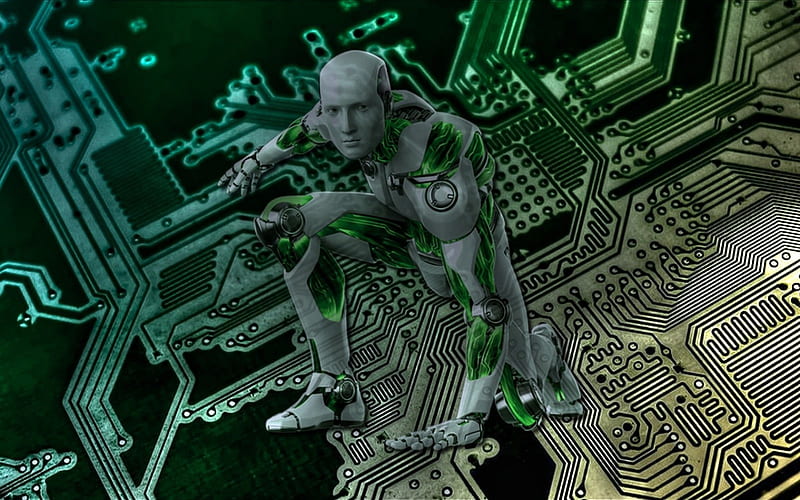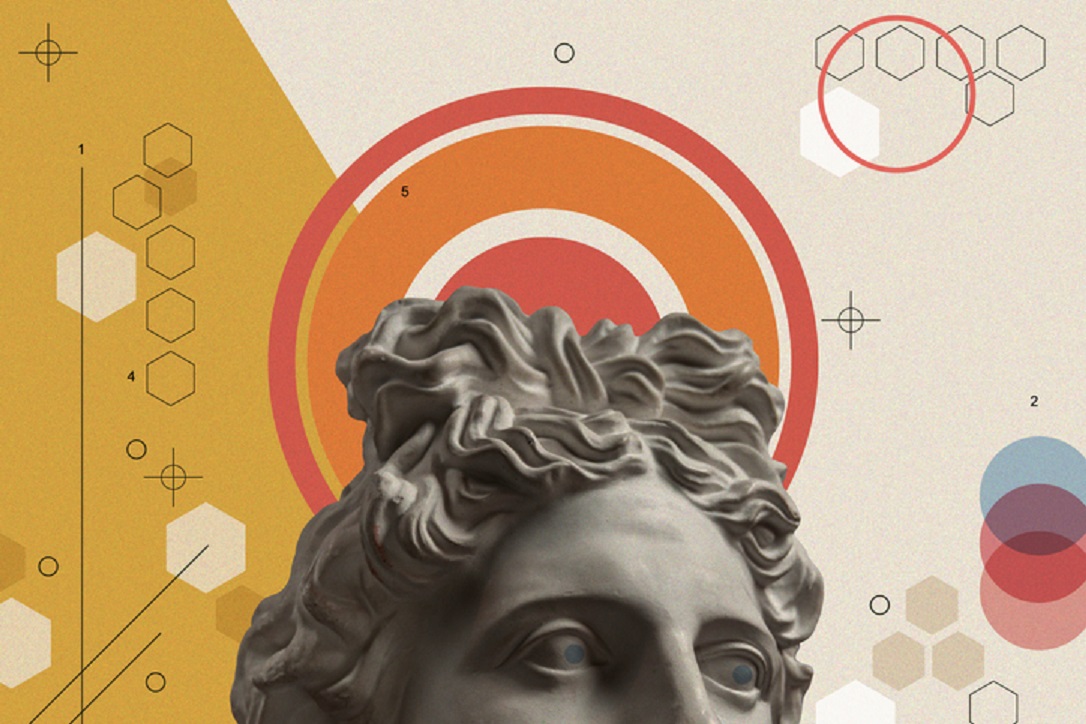The idea of security is a persistent suffering-producing illusion. The reason this illusion is ‘suffering-producing’ is because when we believe it to exist then this mistaken belief causes us ‘go to sleep’ in a strange sort of a way. We mentally hibernate.When we are in this strange state of sleep (this ‘waking sleep’) we can have pleasant dreams for sure, but at the same time we are equally liable to have terrible nightmares.
Beforehand – before we fall under the spell of the illusion of security – we have a quality of completeness and independence which means that we don’t need any ‘security’ of any sort; afterwards, however, it is as if we have given this quality away – we have traded it off for the particular possibility of ‘sleep’ that the illusion of security offers us.
What this ‘sleep’ involves is a very fundamental shutting-off, a closing-down, a down-sizing of consciousness on a truly tremendous scale. This is like the captain of a ship who no longer has to be aware of all the various issues and concerns that arise on his vessel because he has acquired some sort of handy ‘auto-pilot’ that has taken over the job for him, so he can now go ‘off duty’, retreat into his cabin and snooze away contentedly in bed. Beforehand he had great responsibilities – now he is relieved of them, now he has no responsibilities whatsoever.
Dozing away like this without any responsibilities is off course very comfortable in its own way and – more than that – it is addictive in that the more we doze the more we want to doze. Once we get a taste for the type of sleep that the illusion of security gives us we just want more and more of it. Sleep becomes everything to us. Or perhaps it would be more accurate to say that once we get a taste for this ‘sleep’ there is something inside us that gets to like it very much, something that gets greedy for it and can’t ever get enough. This ‘thing’ (or ‘pseudo-entity’) that likes sleep so much then ‘takes over’ and ends up running our lives for us, without us ever noticing. We don’t notice because we’re asleep!
This is like ‘getting a bad habit’, it is like learning to do something that really isn’t good for us at all but which has its own kind of perverse or twisted logic to it so that we very quickly get hooked on it.
The reason this type of sleep isn’t good for us is simple to explain. Apart from the fact that dozing all the time is a very dull business – a dreadfully dull business, in fact – our orientation is now backwards so that everything that helps us to switch-off now becomes good and anything that goes the other way and threatens to wake us up becomes bad. Life now becomes all about finding ways to help us switch-off, ways of developing and perfecting techniques and strategies for maximizing ‘switched-off-ness’.
This tendency can be seen in the way in which we do things not for their own sake but simply for the sake of getting them done. Something bothers us, something triggers us, and so we spring into action doing whatever it takes to sort the problem out so we can return to our comfortable equilibrium state, our steady-state ongoing interminable ‘doze’.
This modality of being corresponds to what James Carse calls finite play. A finite player, says Carse, plays in order to put himself in a strong position so that he can’t be taken by surprise any more, so that nothing can ever happen to him that he doesn’t want to happen to him. This is a state of affairs that Carse calls being a ‘master player’. We generally see this state of mastery in finite play (which is where what we want gets to happen and whatever anyone else wants doesn’t get to happen) in the best possible light. This state of affairs sounds great to us. It sounds fantastic – it’s what we all want. It’s called ‘being in control’.
The thing about this though is that it looks good to us because we are orientated backwards, because we are looking at it all the wrong way. We are looking at things from the point of view of being asleep, which is a deeply perverse point of view.
When stuff happens to surprise us, when stuff happens that we ourselves didn’t previously arrange to happen, this is called ‘being alive’! That is what life is all about. Consciousness is only consciousness when it is unconditionally open to the world, when it is not closeted in a cosy little nest made of its own productions, its own personalized projections. If the world I am aware of is made up only of stuff that I myself have arranged to be there (stuff that is safely in accord with my own ideas, my own preconceptions, my own beliefs about the world) then this is not consciousness at all. This is vacuity, nullity, blankness.
So when we struggle to have things the way we want them to be, for life to work out the way we want it to work out, in accordance with our plans, in accordance with our grand scheme for ‘how things should work out’, then we are – although we don’t realize it – struggling to remain unconscious. We are fleeing as fast as ever we can from reality, which is not a personalized projection, which is not our own production.
This aim of ours is however a flat impossibility. After all, no one can reasonably expect to escape from reality, which means that our struggle is essentially a doomed one – it is one that we are absolutely certain to lose.
When we are deeply unconscious we are furthest from seeing the impossibility of what we are trying to do and as a consequence we can be very confident, very sure of ourselves. We can be smug. This is the confidence (or smugness) of unconsciousness. When the truth starts – on some level – to dawn, then the cracks begin to appear in this confidence, and we are said to be anxious. On a very deep level, we begin to doubt our ability to achieve our goals, to have things our own way, and this fills us with dread. An abyss of fear opens up at the prospect at losing control.
The problem is not that we are not good enough at controlling however – the problem is that we are seeing everything backwards – and so what we are actually afraid of is waking up. We are afraid of coming back to ourselves from the interminable darkness of the permanently shut-down state. We are afraid of the light.
The light is who we are however and so we can’t run away from it no matter how desperately hard we try. Reality is going to keep on knocking on our door and no matter how stubbornly we go on ignoring it, pretending it isn’t happening, it is still going to come bursting through our defences in the end. This is like saying no matter how superlatively good we are at playing the finite game, and restricting reality to those limited, cut-and-dried outcomes which we ourselves have authorized, the infinite universe is still one day going to find its way into our neat little picture, and blow all of our dusty ideas and dull plans right out of the window.
This whole business of struggling desperately against the inevitable (of trying to make the infinite finite) is of course pure suffering from beginning to end. We are stubbornly holding on to what we are bound to lose, we are holding on with a death-like grip to what we never had in the first place.
This is the reason the illusion of security is such a source of suffering, whatever type of security it is that we are clinging to. Security comes in many forms – it could be a physical body, a personal or cultural identity, a status within the social game, a job, power over other people, good looks, material possessions, a specific image I have of myself (good or bad), a system of beliefs, a long-standing collection of likes and dislikes, a set of habits, a fixed pattern of being in the world…
Any ‘form’ – which is to say, any relatively stable pattern, any pattern made up of definite/repeating characteristics – will suffice to give us an illusory sense of security. Illusory it always is however because all patterns of a definite or fixed character, no matter how reliable they might be in the short-term, are always transient in their ultimate nature.
The idea that the ‘fixed and limited’ pattern (any ‘fixed and limited’ pattern) is absolutely reliable, absolutely dependable, is an illusion – it will always let us down in the end and when it does (or when – despite our best efforts – we start on some level to become aware that it will let us down) then this spells suffering.
Really what we are wanting is for there to be something that is finite and unchanging, so that we can cling to it in the state of sleep forever. The psychological state of absolutely believing that the world (and ourselves) is finite and unchanging – which is to say, defined – is the state of sleep that we are talking about.
The state of being psychologically unconscious is the state of ‘being finite’ (which is to say, ‘capable of being exhaustively defined’); it is the state of ‘successfully playing the game of being finite’. This ‘state of unconsciousness’ is the same thing as the state of being completely nullified (the state of being vacant or blank) for the simple reason that reality is not finite or defined, and so when we make ourselves this way, we inevitably make ourselves into blank abstractions, we inevitably make ourselves ‘too thin to be real’.
Any defined (and therefore finite) reality will provide the illusion of security for us, if we want to avail of it. Any defined or literal reality will – if we let it – lull us into this perennially troubled and disturbed form of psychological sleep, and the troubles and anxiety and suffering it brings us will never end – at least, not until we finally wake up again.
Image – pinterest.ie






